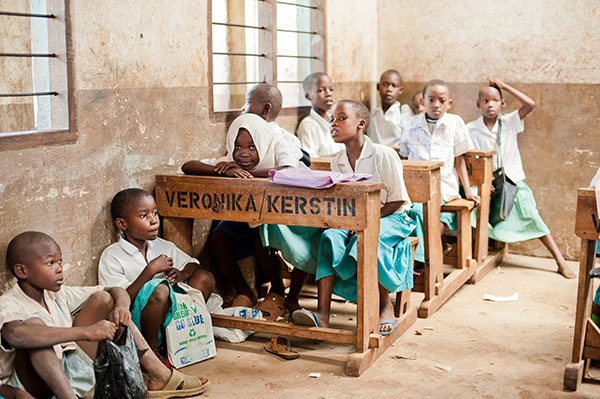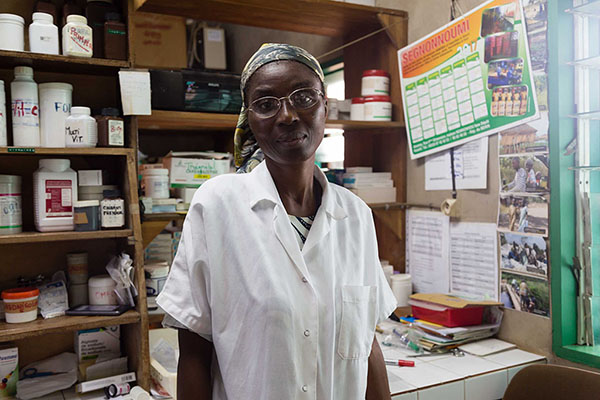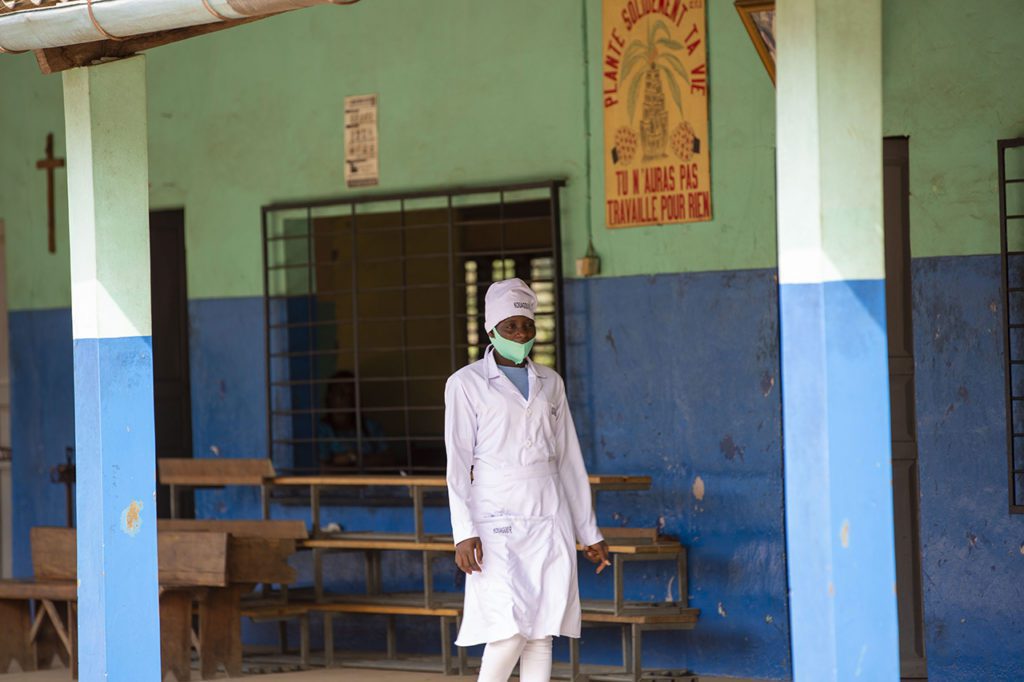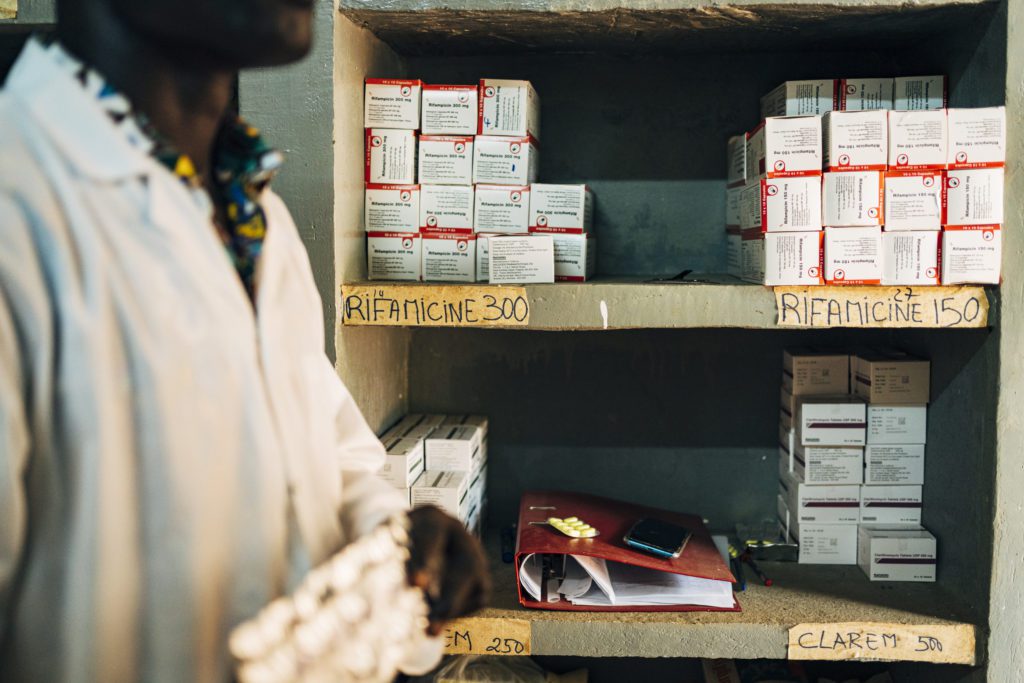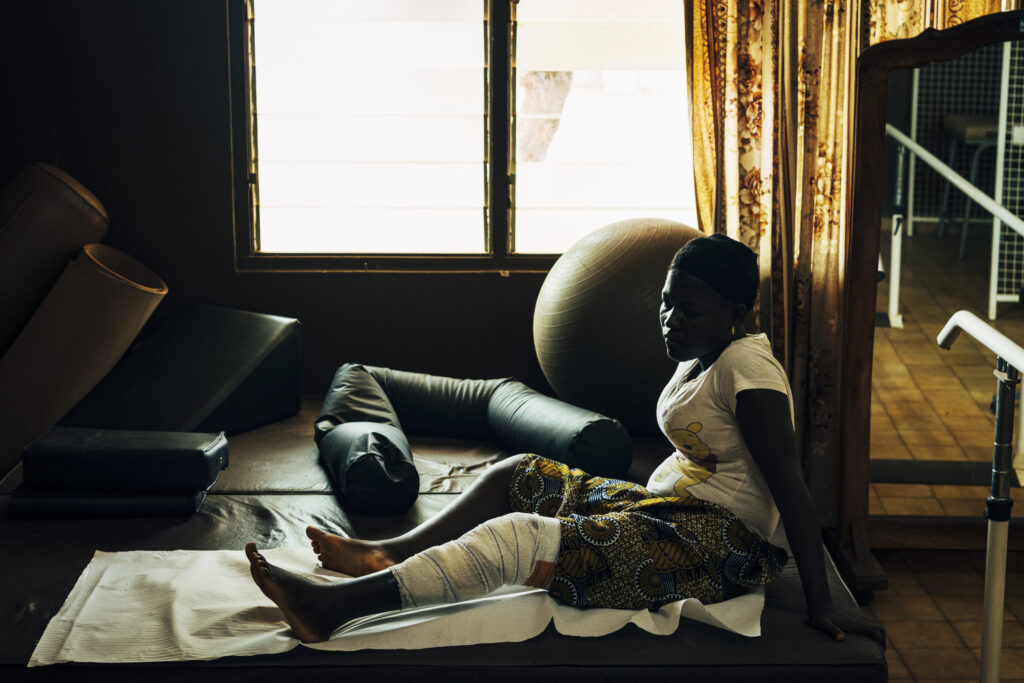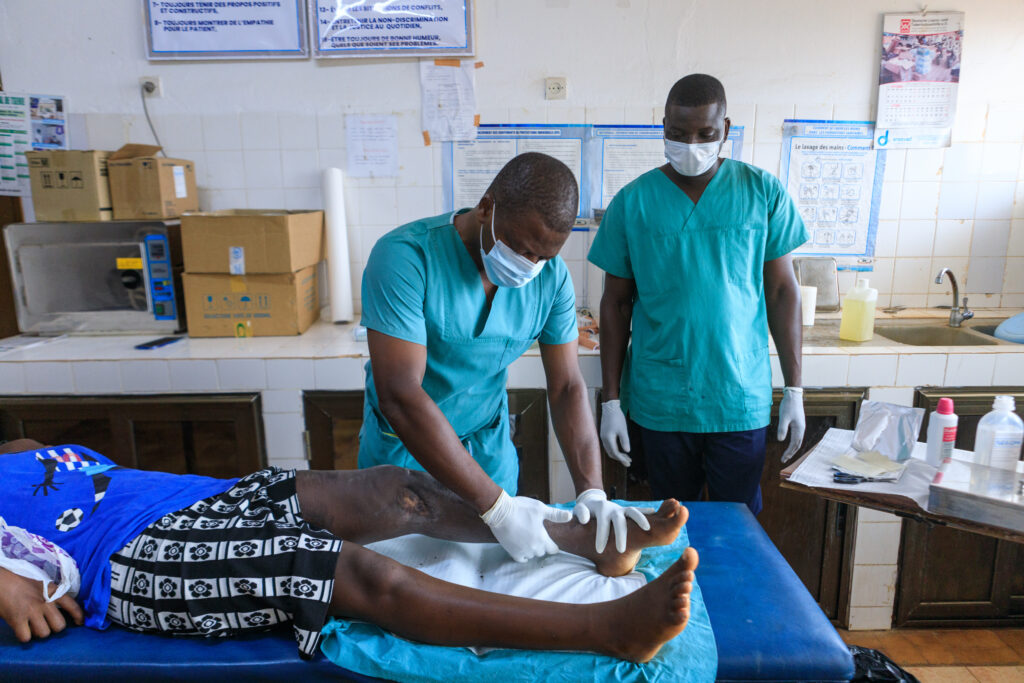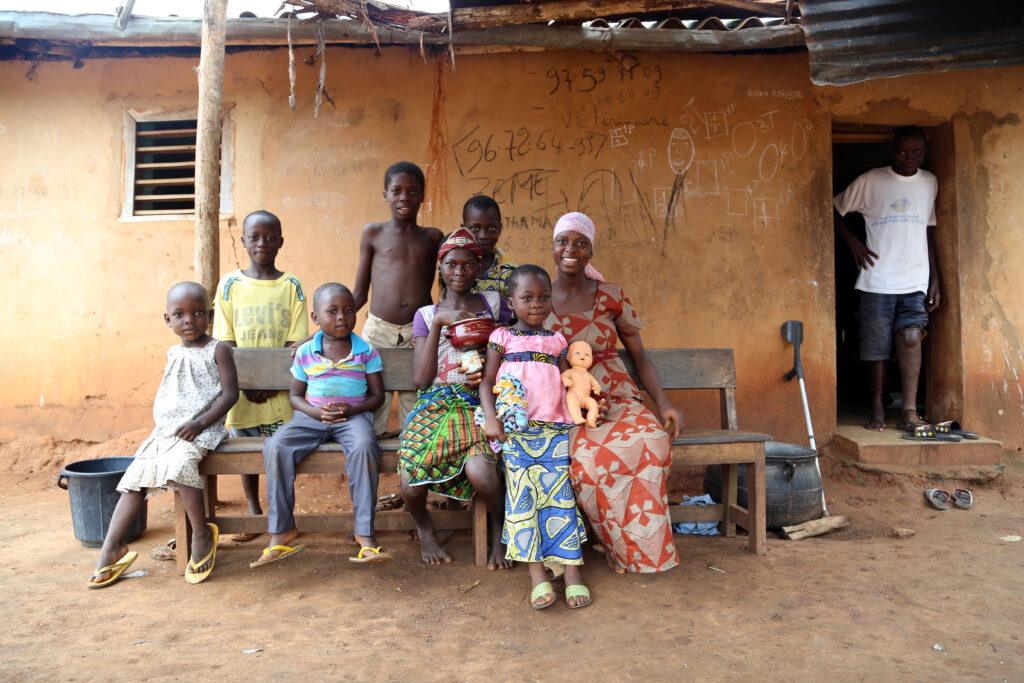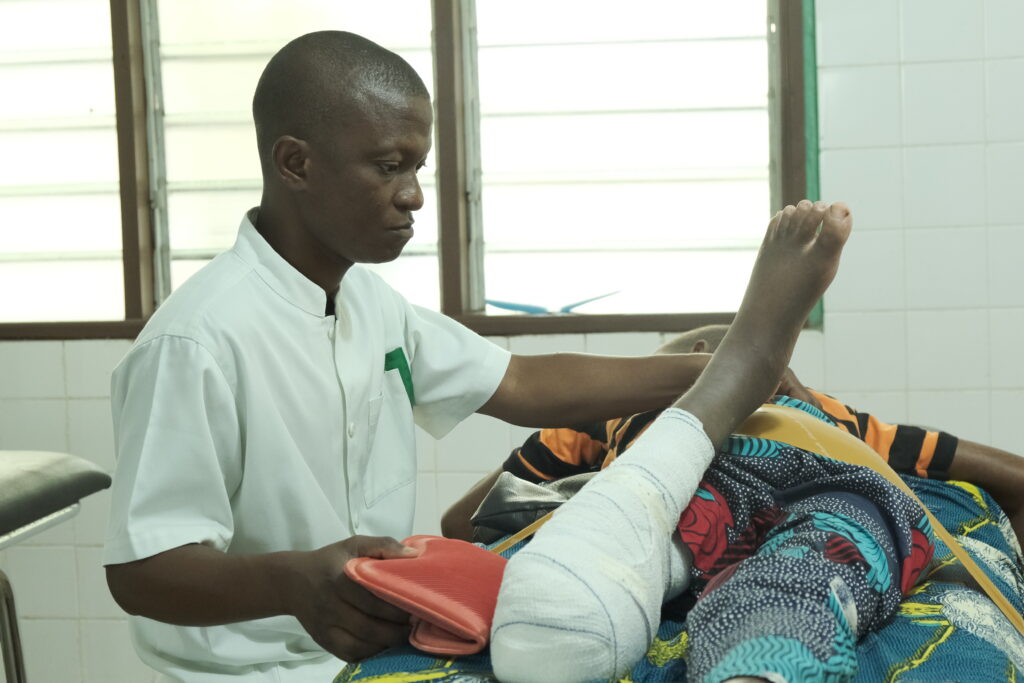Better Mental Health for People with NTDs in Nigeria as a Result of Integrated Care
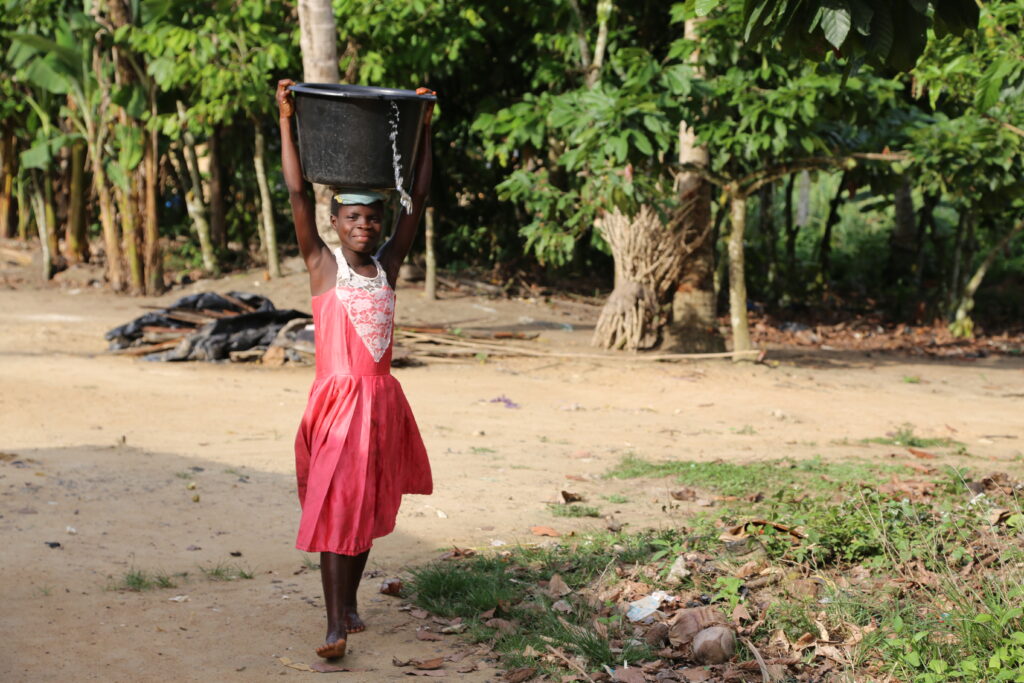
- Nigeria Country
- 570.663 € Investment
- 2023-25 Length
The Challenge
Skin Neglected Tropical Diseases (NTDs) often leave physical scars, but can often also leave invisible ones.
For NTD treatments to be effective, specific actions that address mental health must be taken into account to reduce the suffering of associated mental illnesses; this will help to tackle the stigma that women, men and children with NTDs face in the community.
Moreover, several studies have found that gender-specific factors exist that affect the mental health of women who live with any of these diseases. For these reasons, the prevention, promotion, treatment and rehabilitation services aimed at the many different NTDs and their different facets of care must include mental health.
The solution
In conjunction with IDEA Nigeria and CBM Community Mental Health, this initiative will support the Nigerian government and other civil society organisations to develop and pilot-test a comprehensive intervention to integrate mental health and NTDs. A series of NTD-related, mental health interventions will be piloted in order to adapt their effectiveness, learning from one another by sharing best practices. The aim is to:
- Improve the Ministry of Health’s governance, technical assessment and coordination to inclusively implement the mental health components of Nigeria’s NTD Master Plan.
- Develop an intervention model to improve access to integrated mental health care and to social and livelihood programmes for people living with NTDs in Nigeria.
- Gather evidence for learning, and to inform the scaling up of integrated mental health care.
Impact
This project will test a model of integrated mental health care that links civil society and government services.
In addition, it will provide a framework to ensure a sustainable change of model and harness elements of the health system such as health workers, the supply of medicines and the health information system.
Furthermore, this integration is also expected to increase the use of general public health services for care delivery.
Related projects
See other projects where we fight Neglected Tropical Diseases













